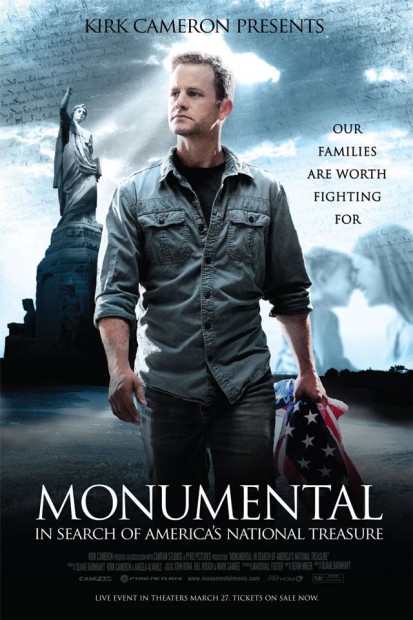A catechism is best defined as a summary of instructions through a series of questions and answers, prepared in book form, containing instruction on the religious doctrine of a Christian church. It wasn’t until the 16th century, since the time of the early church fathers, that the word “catechism” was applied to these religious handbooks. The intent of these instructions is that they be used in a class environment or other means of formal instruction. The catechism of the Westminster Confession, every part of which is scripturally proven, is one such set of instructions.
However, the catechism of the Catholic Church is not written in a question and answer format. Instead, it is a summary of the official teachings of Catholic beliefs including creeds, sacraments, commandments, and prayers divided into four parts:
• Profession of Faith (the Apostles Creed)
• Celebration of the Christian Mystery (the Sacred Liturgy, especially the sacraments)
• Life in Christ (including The Ten Commandments in Roman Catholic theology)
• Christian Prayer (including The Lord’s Prayer)
Also, the Catholic catechism is replete with footnotes referencing not only the Scriptures, but also the Church fathers, their ecumenical councils, and other authoritative statements, especially those delivered by the Popes. And therein lies the greatest difference between Catholicism and Protestantism. Whereas the Protestant churches cite the Bible as their sole source of authority for church doctrine, the Roman Catholic Church equates Catholic traditions with the Bible as authority for their beliefs and teachings. The Catechism of the Catholic Church, paragraph 82, reads:
“… the Church, to whom the transmission and interpretation of Revelation is entrusted, does not derive her certainty about all revealed truths from the Holy Scriptures alone. Both Scripture and Tradition must be accepted and honored with equal sentiments of devotion and reverence.”
As such, the Catholic Church relies on the authority of church tradition for their source of doctrines and teachings which are not found anywhere in the Bible. These doctrines include such controversial issues as:
• the mass
• penance
• veneration of Mary
• purgatory
• indulgences
• the priesthood
• the confessional
• the rosary
• venial and mortal sins
Protestants assert that the Bible alone is intended by God to be the sole source of doctrinal truth (2 Timothy 3:16; Revelation 22:18–19). But Roman Catholics have said: “Sacred Tradition and Sacred Scripture make up a single sacred deposit of the Word of God …” (Catechism of the Catholic Church, paragraph 97).
The Catholic’s reasoning is as follows:
• “The apostles left bishops as their successors. They gave them ‘their own position of teaching authority.’ ” (Catechism of the Catholic Church, paragraph 77).
• “This living transmission, accomplished through the Holy Spirit, is called tradition …” (Catechism of the Catholic Church, paragraph 78).
• “Both Scripture and Tradition must be accepted and honored with equal sentiments of devotion and reverence.” (Catechism of the Catholic Church, paragraph 82).
A classic example of this kind of thinking lies with the number of doctrines concerning Mary, the mother of Jesus. Throughout the centuries, since the close of the apostolic era (70–100 AD), Catholics have “revealed” new doctrines concerning Mary nowhere found in the Holy Scriptures, including:
• Mary is called the Mother of God—431 A.D.
• Prayers offered to Mary—600 A.D.
• Immaculate Conception, i.e., her sinlessness—1854 A.D.
• Assumption of Mary—1950 A.D.
• Mary proclaimed the Mother of the Church—1965 A.D.
Another example is the doctrine of purgatory:
“All who die in God’s grace and friendship, but still imperfectly purified, are indeed assured of their eternal salvation, but after death they undergo purification, so as to achieve the holiness necessary to enter the joy of heaven.” (Catechism of the Catholic Church, paragraph 1030). Nowhere is this doctrine or teaching found in the Bible.
Additionally, though the Catholic Pope is revered as the head of the church on earth by nearly 60 million Roman Catholics, the Bible teaches us that Jesus Christ has all authority in heaven and on earth; He is the exclusive Head of the church (Matthew 28:18; Colossians 1:18).
From the above teaching, we can only conclude that Catholic catechism is not biblical and, in fact, contradicts the Scriptures in many aspects. Once the teachings of man are elevated to the same level as the Word of God, error naturally follows. No man, whether priest or pope, is divine. Only the Holy Scriptures, from the mouth of the Holy Spirit, are divinely inspired (1 Corinthians 2:12–13; 2 Peter 1:21). No manmade teaching, including the Catholic catechism, is on the same level with the Bible.[1]
[1] Got Questions Ministries. (2010). Got Questions? Bible Questions Answered. Bellingham, WA: Logos Bible Software.
Watch Your Life and Doctrine Closely...



 Jerry Bridges
Jerry Bridges